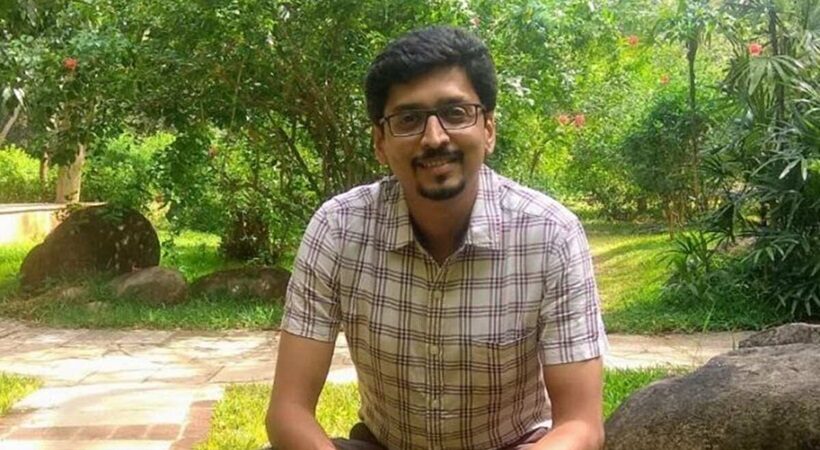Priyadarshan Sahasrabuddhe, a Pune-based environment conservationist and entrepreneur, has won the Green Skills Innovation Challenge organised by US-based Ashoka Changemakers in partnership with HSBC. The challenge welcomed social entrepreneurs in selected markets with ventures that equip individuals and communities with the skills required to thrive towards a green economy.
At the Green Skills Innovation challenge, Sahasrabuddhe held the 12th position among 348 competitors across the world with his innovation ‘Vaayu’ that carries two objectives. ‘Vaayu’ is a process of converting food waste into green fuel or energy. Chakrakaar Lifestyle Solutions Private Limited, the organisation under its founder, Sahasrabuddhe received the honour for meeting two objectives the ‘Vaayu’ initiative fulfills. The ‘Vaayu’ can multiply the earnings of the sweepers and waste pickers 10 times.
“With the climate crisis accelerating day by day, initiatives like ‘Vaayu’ can help provide solutions to the problems through common people,” Sahasrabuddhe, an IIT-B alumnus, said, speaking on the achievement. “‘Vaayu’ can be set up by individuals at their homes, at restaurants, corporate canteens and in housing societies. Through this, waste gets managed locally, fossil energy is substituted by renewable energy and helps create green jobs.”
As a result of this award, the 37-year-old entrepreneur will get a grant of $20,000 for further research and expansion under the mentorship of Ashoka and HSBC. ‘Vaayu’ had also bagged the ‘Green Enterprise’ award on 28th Entrepreneur’s Day by ‘Entrepreneurs’ International’, a charitable trust that promotes entrepreneurship.
Aimed at empowering common people to make their energy from local biomass resources, ‘Vaayu’ uses a biogas technology/process to train waste pickers to operate and maintain the system. The team envisions transforming its role to energy suppliers, which will allow them to earn ten times their livelihood with dignity apart from solving the problem of food waste at the source.
‘Vaayu’ converts the food waste without crushing it into burnable methane gas, which can be used as cooking fuel. Currently, around 2.5 tons/day of food waste is managed at the source. It saves around 3,000 cylinders worth of LPG per year and offsets 125 tons of fossil carbon dioxide emissions.



















